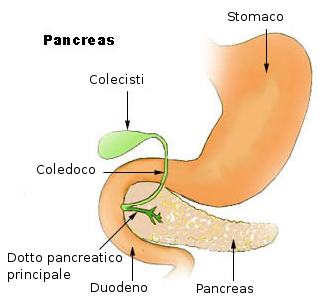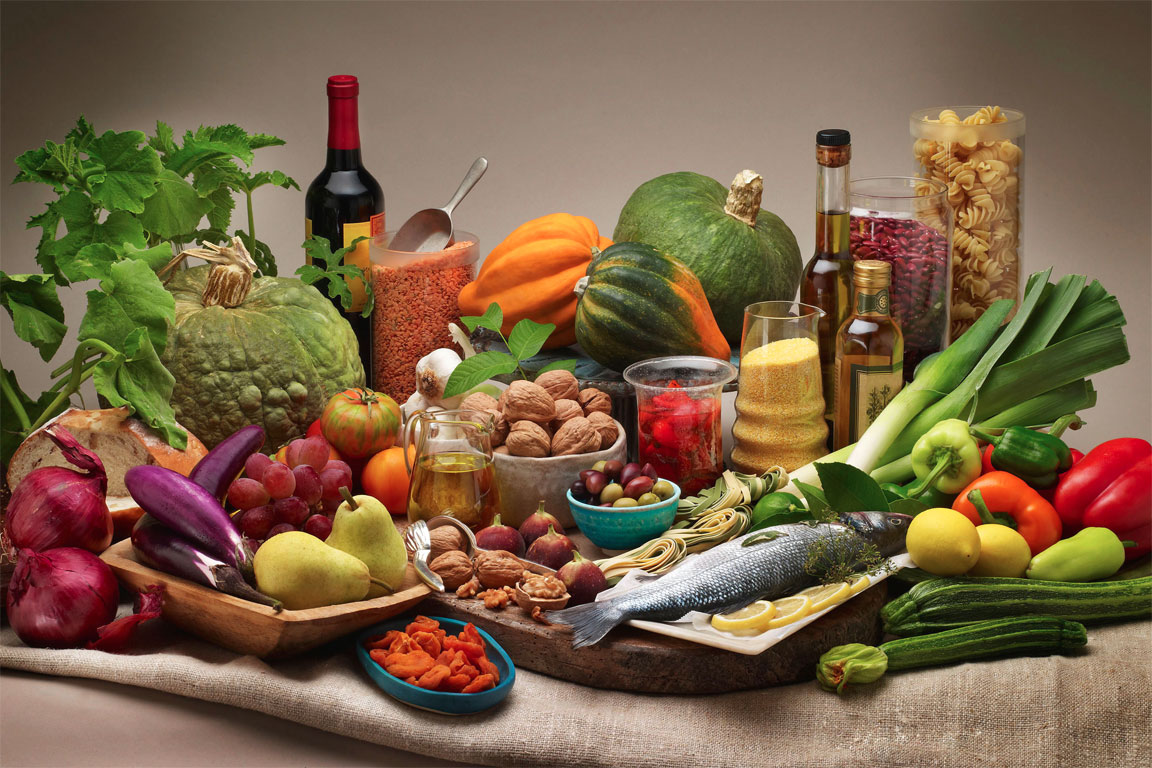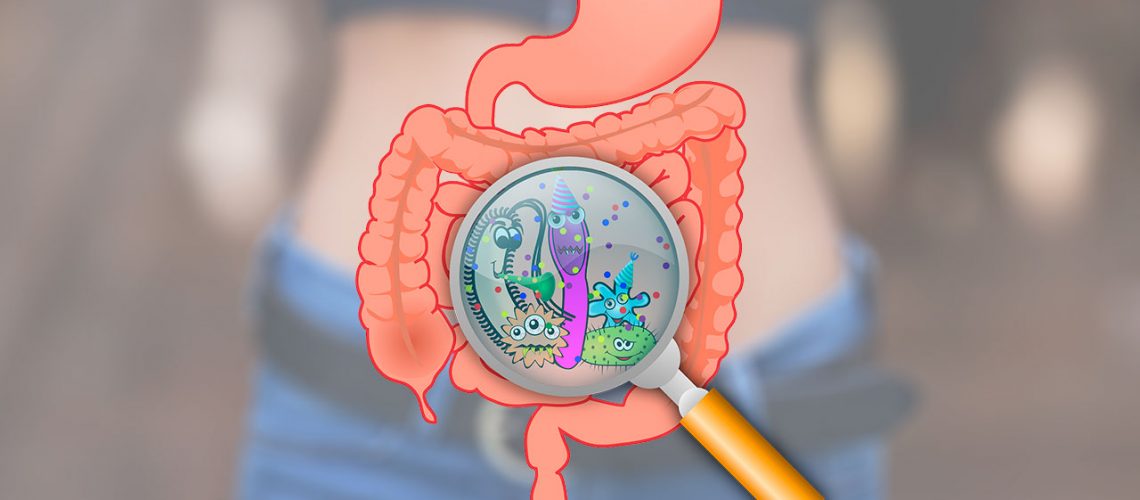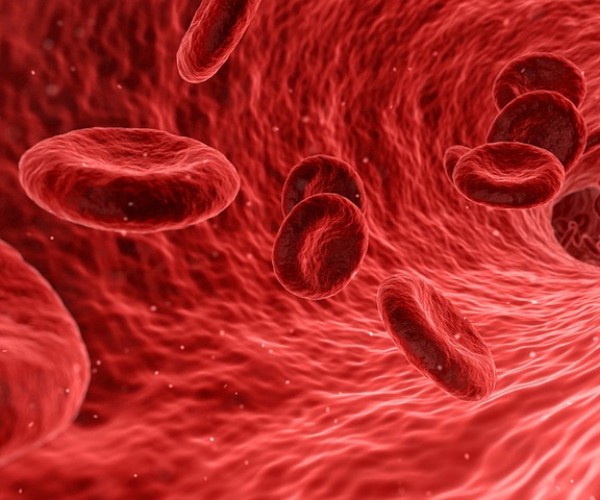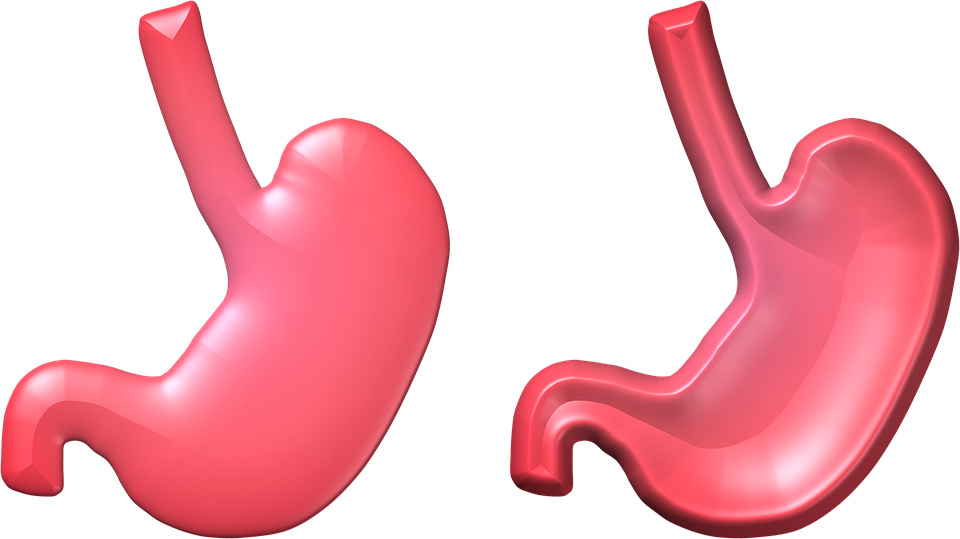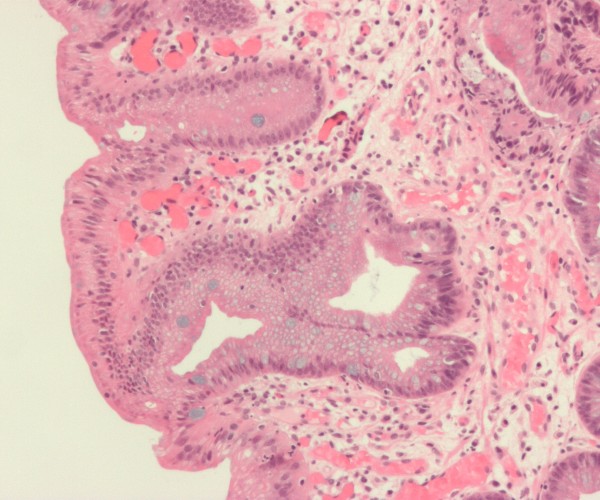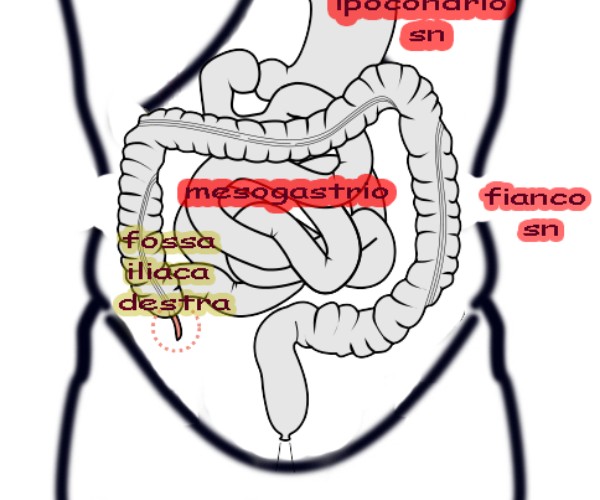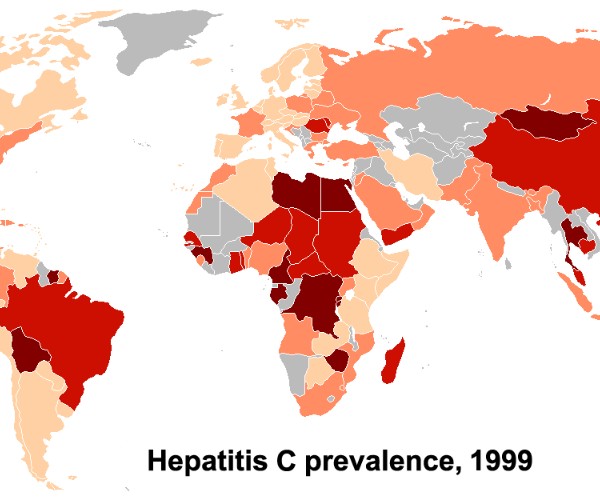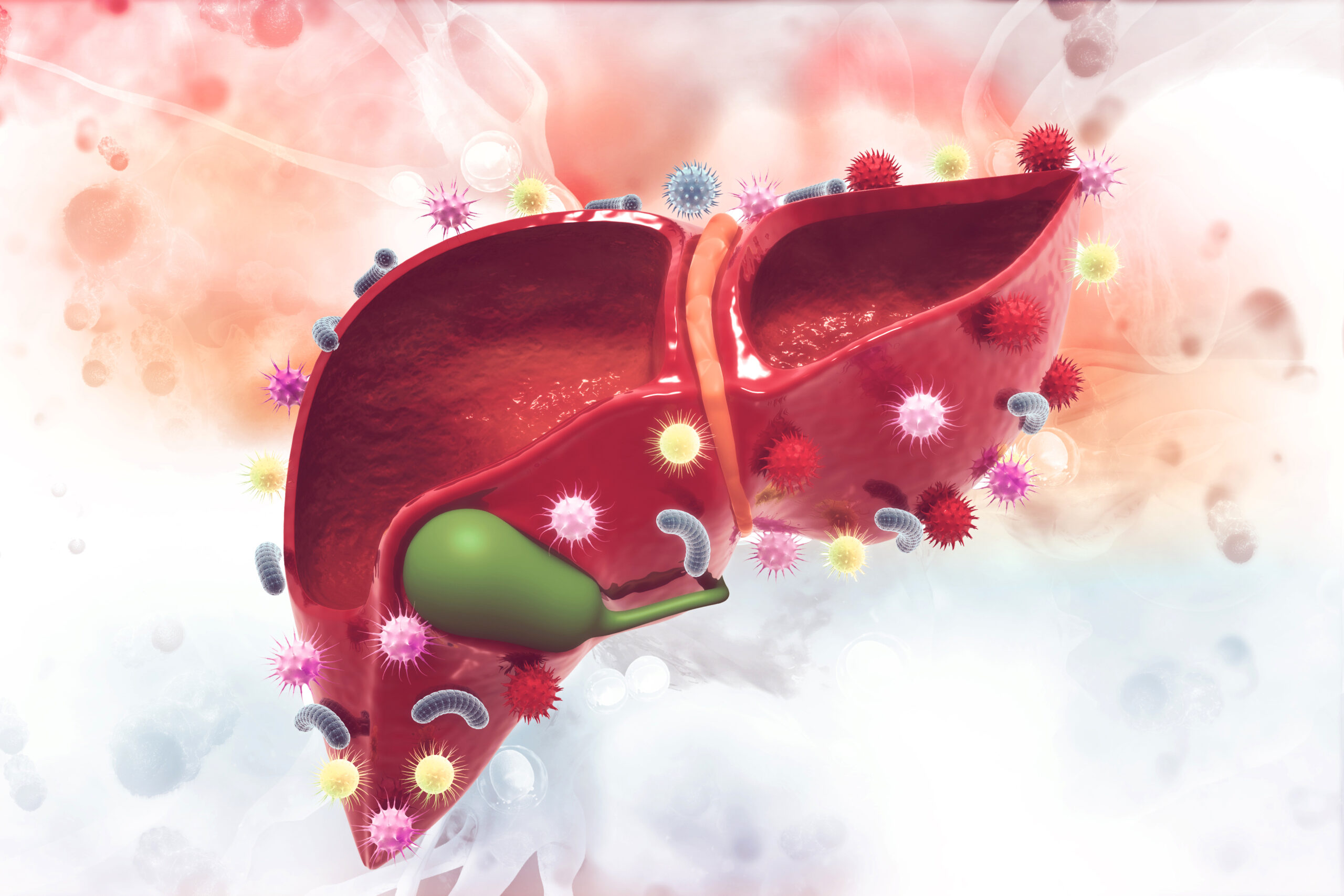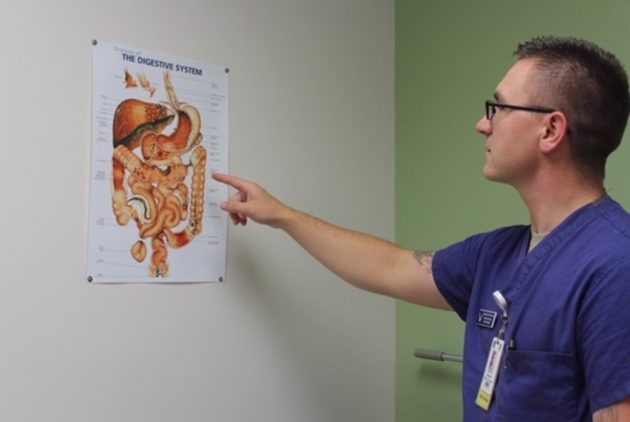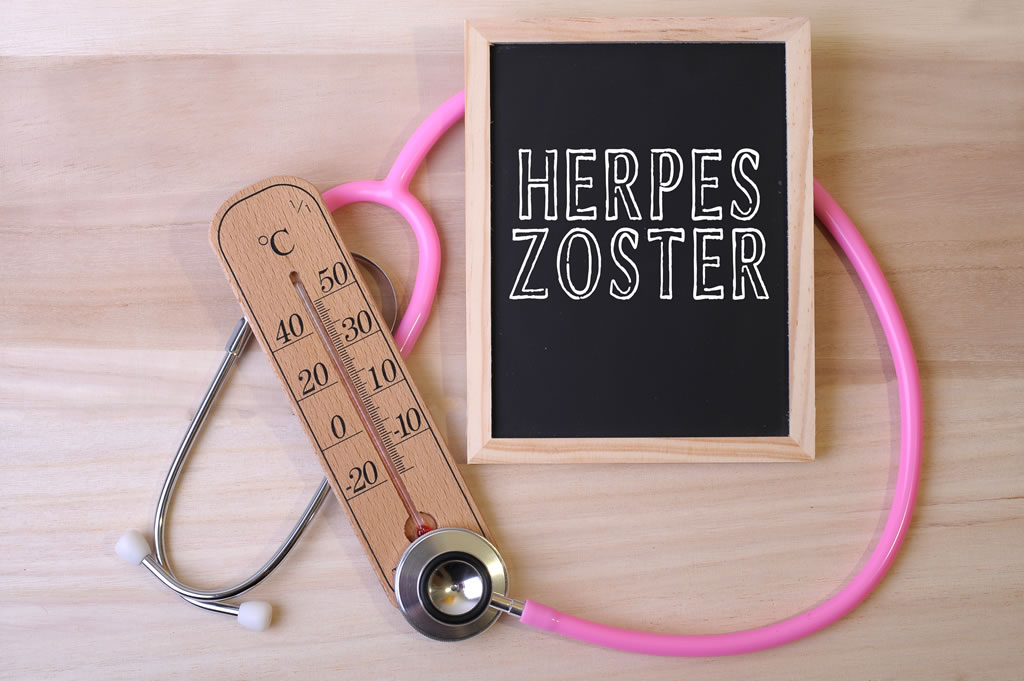For children, too, summer means sunny days, to be spent-sun and mugginess permitting-outdoors, simple nutrition rich in fresh foods, such as fruit, milk, ice cream-in short, freedom. Be careful, though. Some pitfalls are constantly lurking, and among them are no shortage of bacteria and viruses that prefer the
digestive system
. In short gastroenteritis and food poisoning are always around the corner, not only in the summer time but can be a danger all year round: the former are due to the entry of a germ, while the others are caused by the production by some particular bacterial species (salmonellae, clostridia, staphylococci, escherichia, to name a few), of toxins, that is, substances that can trigger fever, abdominal pain, vomiting and diarrhea within a few hours. Instead, toxins are said to occur when a food is a vehicle for both germs and related toxins.
Eye on food hygiene and beyond
Transmission of these forms is as simple as it is rapid: use of toilets not followed by proper handwashing, expired or inadequately handled, prepared, cooked or stored food, contaminated water, inadequately sanitized environments (especially kitchen and refrigerator) and dishes, and so on. Creams and egg products, for example, or vegetables that have not been well rinsed, artisanal cheeses of uncertain origin are all potential vehicles for microorganisms and toxins.
Children are even more vulnerable than adults, posing two problems: first, the massive loss of water and minerals, leading to the risk of dehydration (an emergency that, especially in the early years of life, may necessitate hospitalization). Second, subsequent inappetence and possible maldigestion, particularly of lactose. Often, in fact, with enteritis the absorptive cells of the intestine are damaged and thus lactase, the enzyme that breaks down lactose into its two constituent units, is reduced.
Symptoms
Thus, additional discomfort factors may be added to the initial manifestations, responsible for general malaise, decreased liveliness, and poor appetite. For this reason, after an episode of vomiting and/or diarrhea, it is prudent to limit the amount o fmilk and dairy products, reintroducing them gradually if possible. If, on the other hand, once the gastroenteritis has passed, lactose-containing foods become associated with abdominal bloating, meteorism, or other digestive disturbances, it is advisable to consult the pediatrician. The key word, in any case, always remains prevention: by adhering to simple hygienic rules and tricks, including paying attention to the origin of raw materials and checking the potability of water, many unpleasant mishaps can be avoided. Not only to the little ones but also to all their family members.








